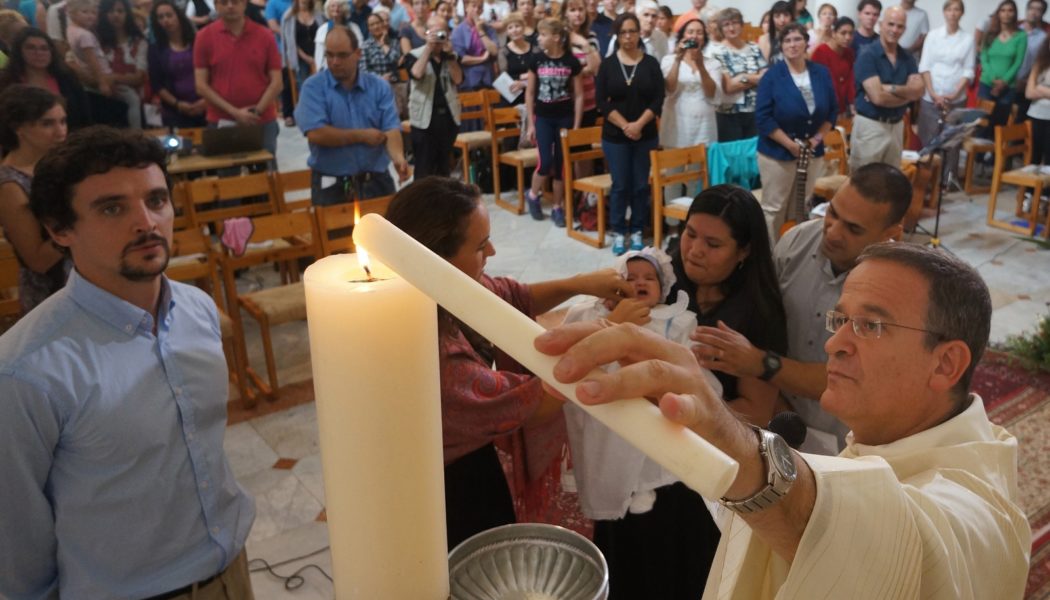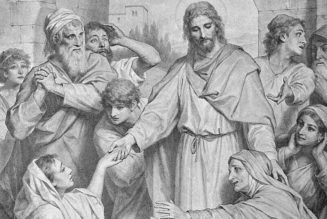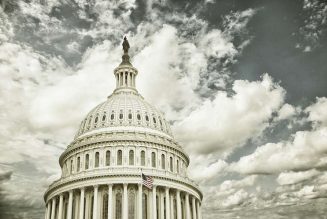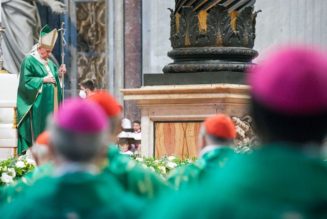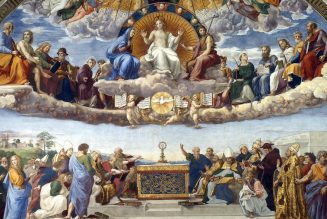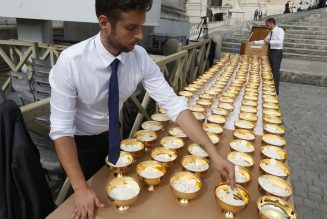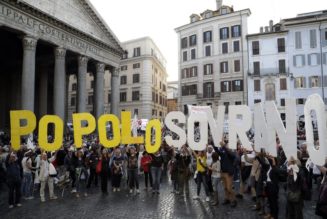DN: The nation-state law of 2018 further cemented the issue of discrimination but was nothing new. It underlined once again that Israel is a Jewish state. Perhaps it is sufficient here to quote from the reaction of the Church authorities in Israel, with which I fully concur:
According to this law, the State of Israel has legislated that the people whose “welfare and safety” it is most concerned to promote and protect are limited to the Jewish citizens of the State of Israel. We must draw the attention of the authorities to a simple fact: our faithful, the Christians, our fellow citizens, Muslim, Druze and Baha’i, all of us who are Arabs, are no less citizens of this country than our Jewish brothers and sisters…. Although the law changes very little in practice, it does provide a constitutional and legal basis for discrimination among Israel’s citizens, clearly laying out the principles according to which Jewish citizens are to be privileged over and above other citizens…. Christians, Muslims, Druze, Baha’i and Jews demand to be treated as equal citizens. This equality must include the respectful recognition of our civic (Israeli), ethnic (Palestinian Arab) and religious (Christian) identities, as both individuals and as communities. As Israelis and as Palestinian Arabs, we seek to be part of a state that promotes justice and peace, security and prosperity for all its citizens. As Christians, we take pride that the universal Church was founded in Jerusalem and her first faithful were children of this land and its people. We recognize that Jerusalem and the whole of this Holy Land is a heritage we share with Jews and Muslims, Druze and Baha’i, a heritage we are called upon to protect from division and internecine strife…. We, as the religious leaders of the Catholic Churches, call on the authorities to rescind this Basic Law and assure one and all that the State of Israel seeks to promote and protect the welfare and the safety of all its citizens.
NF: What is the role specifically of the Catholic Church in attempting to heal the wounds that you often speak of, the wounds borne by Jews in their history as a persecuted minority, and the wounds borne by Palestinians in their statelessness and loss of a homeland?
DN: The Catholic Church has a very distinct role. She is called to preach good news, and it is good news for all. It is the good news of the Resurrection. It is the good news that out of untreated wounds can emerge new life by the power of the Holy Spirit. The Church has been promoting a vision of what the Holy Land could be for more than a hundred years, since the troubles began in the aftermath of World War I. This work of the Church must touch upon the three sources of the wound:
1. Anti-Semitism: It was hatred of the Jews that led so many Jews to seek refuge in a land that was perceived by many as a spiritual home, an idea rooted in Scripture. The war against anti-Semitism is a central part in the healing of the wound. Jews need to know that Christians understand their fears and vulnerability.
2. Bible: For many Christians, Jewish exclusive claims to the land are justified by the biblical text. The Church must interpret the Bible according to sound principles that make it a Word of God for all. This means countering the exploitation of the Bible as a weapon of one party against the other. The word of God cannot be used to expel people from their homes, confiscate their property, and condemn them to be homeless. It cannot be exploited to justify war, revenge, and abuse.
3. Islam: Contempt for Muslims (and the Christians of the East) convinced many that the land was a land without a people. Just as the Church has taken huge steps forward in dialogue with Jews, so the Church proposes with Muslims today a dialogue that refuses Islamophobia and the stereotyping of Muslims and Arabs as terrorists and violent by nature. We have not progressed at all if we replace anti-Semitism with Islamophobia!
Four popes have visited Israel-Palestine since 1964. Each one has come proclaiming a message of justice and peace. In fact, these words are very important, as they provide an alternative discourse to the one of hatred that reigns in the political milieux and in the streets. Pope Francis had this to say after his visit in 2014, when he prayed alongside Israeli president Shimon Peres and Palestinian president Mahmoud Abbas in the Vatican:
Peacemaking calls for courage, much more so than warfare. It calls for the courage to say yes to encounter and no to conflict: yes to dialogue and no to violence; yes to negotiations and no to hostilities; yes to respect for agreements and no to acts of provocation; yes to sincerity and no to duplicity. All of this takes courage, it takes strength and tenacity. History teaches that our own powers do not suffice. More than once we have been on the verge of peace, but the evil one, employing a variety of means, has succeeded in blocking it. That is why we are here, because we know and we believe that we need the help of God. We do not renounce our responsibilities, but we do call upon God in an act of supreme responsibility before our consciences and before our peoples. We have heard a summons, and we must respond. It is the summons to break the spiral of hatred and violence, and to break it by one word alone: the word “brother.” But to be able to utter this word we have to lift our eyes to heaven and acknowledge one another as children of one Father.
NF: You’re a Scripture scholar. Do you have favorite books of the Bible? Favorite passages?
DN: Indeed, I do! The Gospel of Saint Mark. This gospel presents in all its rawness the need of the disciple to constantly repent. The biggest opponent to Jesus’s mission in Mark’s writing is the disciples who have so much difficulty opening up to the horizons of Jesus’s mission. They want to keep him in Capernaum in chapter 1, and they want to stay among the Jews at the end of chapter 4. However, Jesus stretches them, almost to the breaking point, so that they embrace all. This is our challenge as Christians: we must love Jew and Muslim, Israeli and Palestinian, and in the name of that love continue to envision how, by speaking truth, working for justice, we can propose a language broad enough to respect all and promote the well-being of all.
NF: You’ve spoken highly of Michel Sabbah, the former Latin patriarch of Jerusalem, describing him as saintly. Could you say a few words about him and about why you admire him?
DN: Michel Sabbah, who was Latin patriarch (Roman Catholic archbishop) from 1987 to 2008 and who ordained me as a priest, has been one of my most important teachers in this land. He is a man who has devoted his life to the Church, and served with fidelity and courage. However, it is the way he speaks about this land that resounds with evangelical values. He sees the land for what it could be for all of us, Jews, Christians, and Muslims, Israelis and Palestinians, and he never gives up. Despite opposition from his detractors and the events that wear us all down, he continues with vigor and with confidence that God is ultimately in charge. He is now eighty-eight years old and has given up most of his activities except his leading role in our Justice and Peace Commission [of the Latin Patriarchate of Jerusalem], where his voice is raised to promote the respect and dignity of every human being.
NF: Lasting peace in the region seems so improbable. Do you have any words to encourage those who work, pray, and hope for it?
DN: I find no better words than those I spoke for Michel Sabbah: remember, God is in control. God is good. God is love. Eventually God will vanquish the evil one. At the end of the Book of Genesis, Joseph says to his brothers, “Although you intended to do harm to me, God intended it for good” (Genesis 50:20). This is a principle that is illustrated throughout sacred Scripture: God can transform human evil into good. We must continue to do what we can to change reality, and we must believe that God will change it in God’s own time.
One of the most important things we must do is watch our tongues. Let every word we speak be a word that promotes justice and peace, forgiveness and reconciliation. Our words create the worlds we and our children live in. Our words are words of war or of peace, of hatred or of love, of prejudice or of openness, and with the words we speak we form the reality that will materialize tomorrow.
Join Our Telegram Group : Salvation & Prosperity
